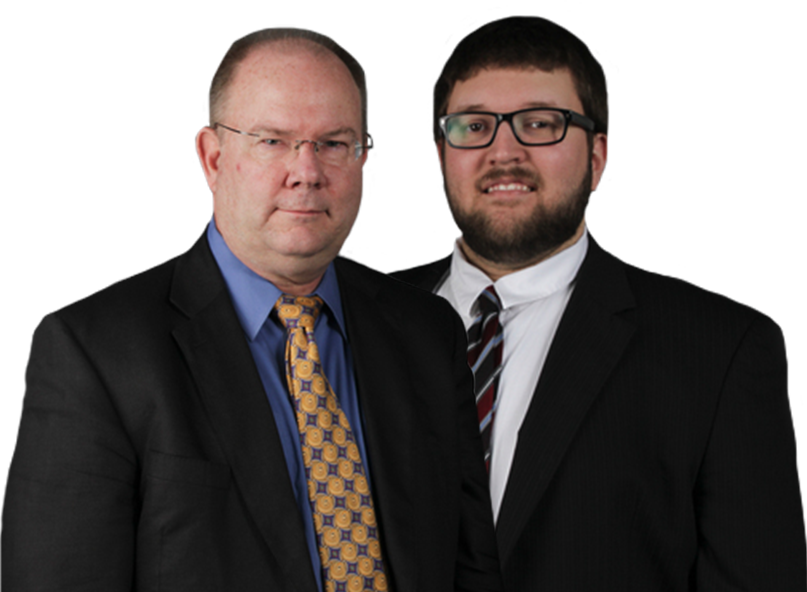What If I Start A Chapter 13 Bankruptcy And Then Lose My Job?
Chapter 13 of the federal Bankruptcy Code is what others refer to as the wage earner’s plan. It allows wage earners or business owners who earn a stable monthly income to feasibly repay their loans. They have the money. What Chapter 13 bankruptcy gives them is time.
When you apply for Chapter 13 bankruptcy, you can reorganize your debt and design a repayment plan that allows you to repay it through smaller regular payments over an extended period. The bankruptcy court can give you 36 months to 60 months. A lot can happen in three to five years. You might even lose your job.
What are my options in the case of job loss or income reduction?
Changes in the economy can directly impact businesses. Similarly, a person experiencing health problems may not be fit to work. These adverse circumstances can happen to the best of us. When unforeseen events severely disrupt our means of income, the typical wage earner may find it impossible to comply with the repayment plan. Here are options to consider when that kind of situation arises:
- The bankruptcy court can temporarily suspend payments
- You can try to request a Chapter 13 loan modification
- The court might allow you to convert your Chapter 13 bankruptcy to Chapter 7
Bankruptcy has a lot of eligibility concerns and legal implications. You might want to talk to an experienced legal professional immediately following job or income loss to understand your options further.
Each bankruptcy situation is different
You may temporarily lose your job or business, but you may also find a new and better job in the next few months. The type of creditors can also impact the ability to modify your repayment plan. You can also file for a motion to dismiss or amend your case. Again, it all depends on your situation. What matters is that you address issues immediately and adequately, with proper guidance.

